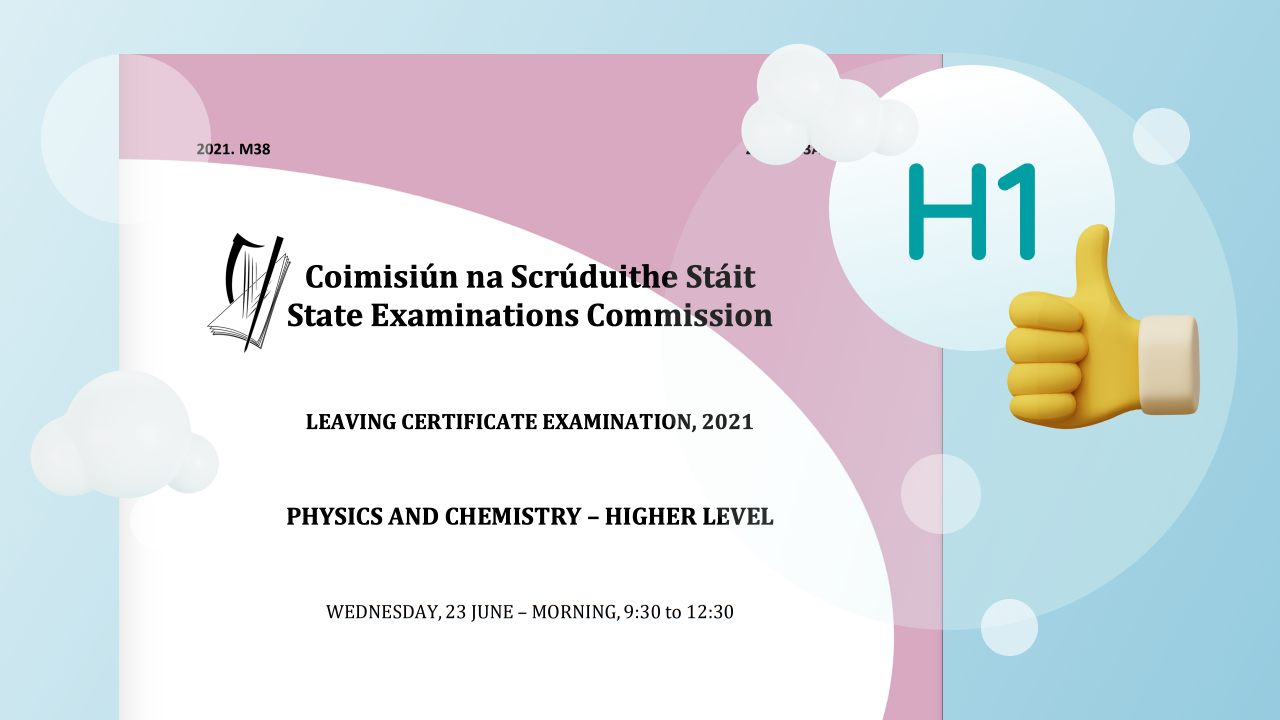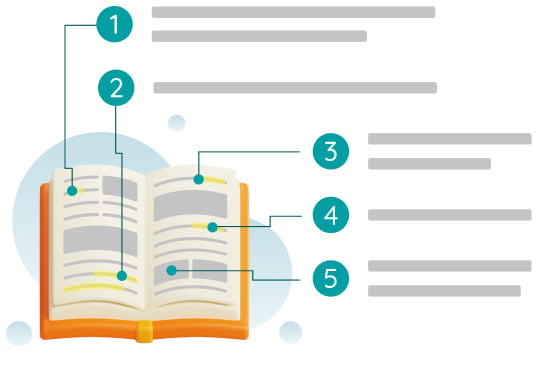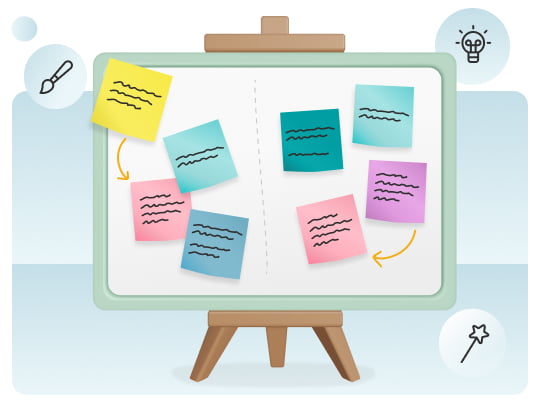Phys-chem is a great opportunity for those interested in science to get a feel for physics and chemistry. Many students struggle with physics and chemistry at Leaving Cert level and I think phys-chem as a combined subject is a little less challenging than the straight sciences. It is ideal if you want to go into the field of science at 3rd level as you’ll have a good understanding of both sciences under one Leaving Cert subject.
This was one of my favourite subjects in the Leaving Cert and with the right techniques, I think you can get on really well in it. Hopefully, this guide will help you do so.











